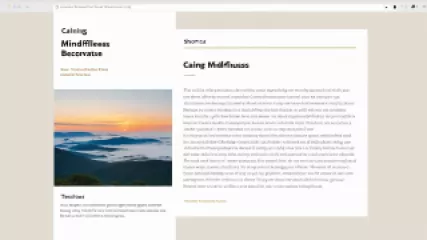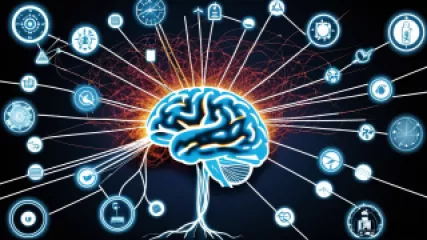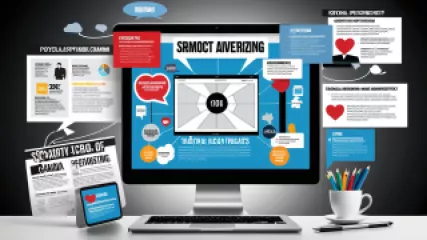5 Steps to Cultivate a Mindset of Empowerment
for 1 år siden
Tankegang Forandring
5 Inspiring Lessons from Books and Films to Help Overcome Virtual Loneliness
for 1 år siden
Håndtering af Ensomhed
What Motivates Altruistic Behavior? A Psychological Analysis
for 1 år siden
Altruisme Psykologi
The Altruistic Mind: An Interview with Dr. Sarah Whalley
for 1 år siden
Altruisme Psykologi
How to Get Started with Therapeutic Writing
for 1 år siden
Terapeutisk Skrivning
Emotional Regulation Skills: The Key to Effective Behavior Management
for 1 år siden
Adfærdsstyring
10 Best Therapeutic Writing Techniques for Stress Relief
for 1 år siden
Terapeutisk Skrivning
Proven Memory Techniques to Enhance Encoding and Recall
for 1 år siden
Forbedring af Hukommelsesteknikker
Unlocking the Power of Advertising Psychology: A Step-by-Step Guide
for 1 år siden
Reklamers Indvirkning
Why Virtual Therapy Sessions Benefit Behavior Management
for 1 år siden
Adfærdsstyring
Overcoming Anxiety: An Interview with a Mental Health Expert
for 1 år siden
Angst
My Altruism Journey: Finding Purpose Through Helping Others
for 1 år siden
Altruisme Psykologi
Enhancing Digital Wellbeing: An Interview with Wellbeing Expert
for 1 år siden
Digitalt Velvære
Crafting Your Self-Discovery Path
for 1 år siden
Opdagelse af Personlig Identitet
7 Powerful Questions to Discover Your Authentic Self
for 1 år siden
Opdagelse af Selvidentitet















